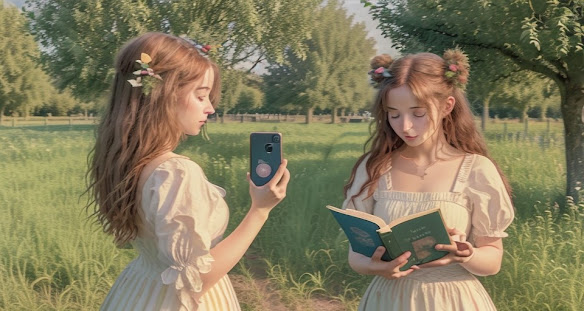Getting a Publishing Deal - Is It Really Worth It?

Getting published is every writer's dream. It's what we want, it's what provides the motivation and gives us the spark to keep going - and keep writing and submitting until we finally crack the big one: a publishing deal, a proper one, with a trade publisher who will promote our books for free - and pay us royalties every six months for the rest of our lives! Now that's the dream, right? But how close is this to the reality of being a modern working writer? Certainly having a bestseller can change your life. Desk bound introverts can become movie moguls (Dan Brown). Single-parent mothers can become very rich media celebrities (JK Rowling). And advertising executives can become household names (James Patterson). But having a bestseller is not the only definition of success. Just because the average person in the street hasn't heard of a writer doesn't mean that they aren't rich and successful. As authors, we get this all the time. You're judge...









